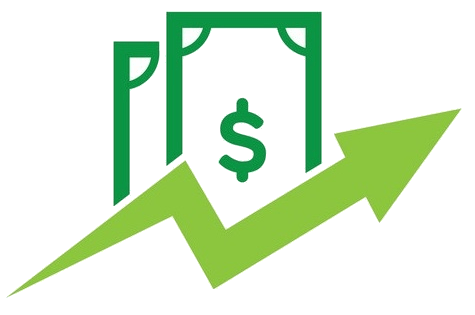You need a strong credit score, collateral to secure the loan and a clean record to qualify for an SBA Loan.
The U.S. Small Business Administration Small Business Loans initiative offers an attractive way to finance growing small businesses due to their low rates, high borrowing amounts, and long repayment terms.
However, SBA loan requirements can be tough to meet, and sometimes, even a small business with revenue and a solid business plan still gets denied.
Here are five reasons you might not qualify for an SBA loan and what you can do to make sure you qualify.
You have bad credit
The SBA does not have a standard credit score they look for in applicants, but the associated lenders favor excellent personal credit scores (720+). A good credit score assures the lender that you have a history of repaying your loans on time and are responsible. A “low credit score” (below 630) commonly results in disqualification.
If your personal credit isn’t what it needs to be, you can take measures to increase your score before applying. You can build your credit quickly by making frequent, timely payments on accounts, asking for a higher credit limit from your bank, and disputing errors on your credit reports.
A past bankruptcy does not necessarily disqualify you from getting approved for an SBA loan. As long as you have a good explanation for it and are in good standing with your current lenders.
You don’t have collateral
Getting a government loan usually requires collateral to be given to lenders in the case of a default. A small down payment may also be required. Collateral can come in the form of real estate or expensive equipment, which makes the bank more comfortable with loaning you money because the borrower shares some of the risk.
If you don’t own any assets for collateral, you can raise cash for a down payment by cutting unnecessary expenses out of your budget or selling unused equipment or inventory.
You have collateral but don’t want to use it
The Small Business Administration prefers to be a last-ditch option for borrowers. The SBA is hesitant to lend money to businesses with a good cash flow and many valuable assets.
If you have assets but don’t want to risk losing them as collateral, an unsecured business loan may be a better fit for you. Interest rates are higher, but no down payment is required, and unsecured business loan lenders do not require a lien in your assets.
You’ve defaulted before
If you may have already defaulted on a government loan, such as a student loan or a Federal Housing loan, you will not get approved for an SBA loan.
Borrowers must have good standing with the government to qualify for government-issued loans. Past defaulted government loans can disqualify borrowers.
It’s never too late, however. If you’ve missed just a few payments and can settle the debt or at minimum, pay the past-due amount, it shouldn’t count against your credit score or be considered a default.
You have a criminal background
Having “good character” is a requirement for an SBA loan. Part of the application process is providing a “Statement of Personal History” so that the SBA can decide whether you are trustworthy enough to borrow.
An arrest doesn’t necessarily disqualify a small-business owner, but having a criminal record delays the application process. This is only as long as the arrest is over six months old and is for minor misdemeanors.
Felonies or multiple misdemeanors usually result in a non-approval, but there are always other small business loan options available from private lenders to consider.
Capital Quickly offers help with applying for SBA Loans from approved lenders. Learn more about SBA Loans here. We also offer a wide suite of financing options. To find the most suitable funding for your business, call 1-888-709-7446 or email us.
